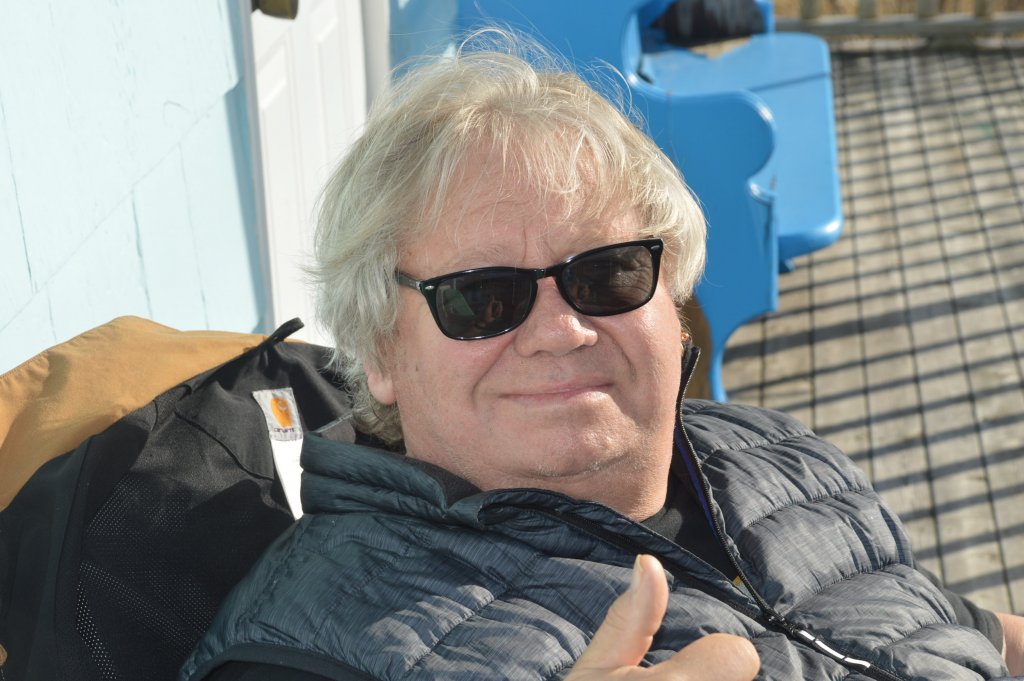Unpublished Opinions
Paul Strome’s Bio
Paul has two adult daughters and he has lived with First Nations, Inuit and Metis for a significant part of his life. After graduation from the University of Waterloo in Anthropology, he worked in the Northwest Territories/Nunavut as an educator, so he experienced the culture, language, and geographic parameters with indigenous people for 12 years. He has seen first hand how indigenous people of Canada are treated. This impassioned him to petition the government at every opportunity to bring about the United Nations Declaration of the Rights of Indigenous People.
After he moved to southern Ontario as an educator, he ran the extra-curricular Outdoor Education Club in addition to his classes, in one of the largest high schools in Canada training and taking students on canoeing, hiking, climbing, snow-shoeing and dog-sledding expeditions. He has canoed/kayaked many of Canada’s Heritage Rivers and has lived in or travelled to every province and territory in Canada which has broadened his concerns about environment and social concerns. These experiences have intensified his deep-seated love and admiration for Canada.
As an elder and David Suzuki Ambassador he has championed the Blue Dot Movement in Unama’ki and in recent years was the Atlantic Regional Representative for the Council of Canadians. He collaborates and networks for the common good with other like-minded organizations. He is well-known as an environmentalist/social activist throughout Unama’ki (Cape Breton Island) and beyond. He has met personally with many municipal, provincial and federal politicians to encourage them to adopt sustainable environmental and social changes to address climate change. He has also done the same at schools, community colleges, libraries, community halls and Cape Breton University.
Paul Strome: Inspiring Hope for the Environment

What many people have wanted to hear and see for decades is finally coming to fruition - and that inspires HOPE.
With the exception of the Montreal Protocol that was signed on September 16, 1987 by 197 countries, from an environmentalist’s perspective, 2023 may be one of the most hopeful we have ever had. The Montreal Protocol was considered to be the most successful environmental global action and was created to eliminate chemicals that deplete ozone in the atmosphere which protects us from potentially harmful ultraviolet radiation from the sun.
In December 2022 the United Nations Biodiversity Conference was held in Montreal at which the Kunming-Montreal Globe Diversity Framework was agreed upon. This is an historic commitment to protect nature, to halt and reverse species loss and respect Indigenous Peoples’ rights, responsibilities and knowledge. Yes, this inspires hope.
This past June, the Canadian Environmental Protection Act (Bill S5) recognized every person’s right to a healthy environment for the first time in law. This means the federal government must uphold the principles of environmental justice which includes considering cumulative effects on environmental and human health and vulnerable populations and review the control of toxic substances and dangerous chemicals. I sincerely want to thank our federal government for this but I want to remind Canadians The Blue Dot Movement was conceived by the David Suzuki Foundation in 2014 and it had all these same principles contained within it. To date, there have been 176 municipalities to create/adopt declarations recognizing their citizens' right to a healthy environment. On Cape Breton Island, Inverness County Council adopted the Blue Dot Movement bill of rights on March 9, 2016, and CBRM adopted these same principles under the Blue Dot Movement on November 21, 2018. The Collaborative Environmental Planning Initiative (CEPI) as well as the Richmond County Council have also adopted these principles. Now the federal government has finally put these same principles into law.
In terms of climate change, we know the cause. We know what needs to be done and humanity is finally focusing on the divestment of all fossil fuels. International climate strikes returned full force this year and hundreds of thousands protested in more than 500 cities in 65 countries. Environment organizations have been lobbying to have tax-payer funded handouts to oil and gas phased out. In July, the federal government committed to phasing out inefficient fossil fuel subsidies and also said it would develop a plan by 2024 to phase out ALL public funding.
At COP28, the EU pushed parties to agree on global energy goals: transitioning away from fossil energy: parties agreed to progressively move away from fossil fuels in the energy sector by 2050. COP 28 also adopted the decision on the operationalization of the new funding arrangements, including a fund for responding to loss and damage caused by climate change. The decision was adopted by consensus by all Parties including India. Since the adoption of the decision, an amount of about USD 700 million has been pledged by several countries.
To electrify our energy grid, we need to focus on the solutions that are tried and proven; economical, environmentally safe and sustainable.
Humanity looks for hope in anything that challenges us, especially when it is something so intangible as things we cannot see. May 2024 be the best year EVER!



Comments
Be the first to comment